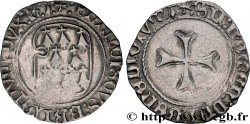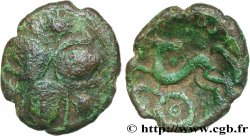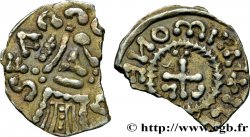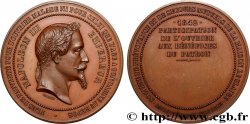Live auction - fme_609394 - III REPUBLIC Plaquette, Mort de Sadi Carnot, Deuil de la Patrie
Чтобы принять участие в торгах, вы должны войти в систему и стать подтвержденным участником аукциона. Войдите, чтобы сделать ставку. Ваш аккаунт будет подтвержден в течение 48 часов. Не ждите до закрытия торгов, чтобы зарегистрироваться.Сделав ставку на данный товар, вы вступаете в юридическое соглашение на покупку выбранного товара и нажатием кнопки «Сделать ставку» подтверждаете принятие вами условий интернет-аукционов cgb.fr.
Ставка может бить сделана только в полном эквиваленте евро. Торги закроются согласно времени, указанному в описании товара, все ставки, сделанные после закрытия торгов, учитываться не будут. Не следует откладывать предложение вашей ставки до последнего момента, так как система может не успеть обработать вашу заявку, и ваша ставка не будет принята. Более детальную информацию вы найдёте здесь: FAQ по интернет-аукционам.
Все ставки победителей подлежат комиссии 18%.
Все ставки победителей подлежат комиссии 18%.
| Оценить : | 200 € |
| Цена : | 580 € |
| Максимальная предлагаемая цена : | 600 € |
| Конец торгов : | 26 January 2021 21:19:35 |
| Участников : | 6 Участников |
Тип Plaquette, Mort de Sadi Carnot, Deuil de la Patrie
Дата: 1894
Металл: silver
Диаметр: 80 mm
Ориентация осей монеты: 12 h.
Гравер ROTY Louis Oscar (1846-1911)
Вес: 137,6 g.
Век: lisse + corne ARGENT
Пуансон: corne ARGENT
Комментарии о состоянии
Patine grise hétérogène avec de petites taches noires au revers. La médaille présente des traces de manipulation et de légers frottements. Présence de quelques coups et rayures
Ссылки в каталоге: :
Лицевая сторона
Аверс: легенда: XXIV JUIN MDCCC / XCIV // DANS LE DEUIL DE LA PATRIE.
Аверс: описание: Représentation allégorique de la France, debout et voilée face à la dépouille mortelle de Sadi Carnot ; vue de Paris avec Notre Dame dans le lointain. Signé : O. ROTY.
Обратная сторона
Реверс: легенда: 1 JUILLET // SADI CARNOT / PRÉSIDENT / DE LA / RÉPUBLIQUE / FRANÇAISE .
Реверс: Описание: Cortège funéraire, avec le Panthéon au second plan. Signé : O. ROTY.
Комментарий
Dimensions : 80*56,5 mm.
Sadi Carnot, né le 11 août 1837 à Limoges et mort le 25 juin 1894 à Lyon (3e arrondissement), de son nom complet Marie François Sadi Carnot, est un homme d'État français. Il fut président de la République du 3 décembre 1887 jusqu'à ce qu'il meure assassiné le 25 juin 1894.
Haut fonctionnaire de carrière, Sadi Carnot, avant de se faire élire à l'Élysée, avait assumé de nombreuses charges politiques et gouvernementales : député de la Côte-d'Or, préfet de la Seine-Inférieure, puis sous-secrétaire d'État aux Travaux, il fut nommé ministre des Travaux publics, puis des Finances.
Dans un contexte d'agitation syndicale et anarchiste, les lois restreignant les libertés individuelles et la presse venaient d'être votées, Sadi Carnot est l'une des cibles du mouvement anarchiste ayant refusé la grâce de Ravachol, d'Auguste Vaillant, auteur de l'attentat à la Chambre des députés et d'Émile Henry. Il est blessé d'un coup de poignard par l'anarchiste italien Sante Geronimo Caserio le 24 juin 1894, alors qu'il quittait, par une issue secondaire pour éviter la foule, un banquet organisé à la Chambre de commerce à l'occasion de l'exposition universelle, internationale et coloniale à Lyon. Le député Gaston Doumergue, futur président de la République, est témoin de la scène. Caserio est guillotiné le 16 août suivant pour le crime.
Le président de la République meurt des suites de ses blessures, peu après minuit, le 25 juin 1894.
Son assassinat fait adopter par la Chambre la dernière et la plus marquante des lois scélérates visant les anarchistes et leur interdisant tout type de communication. Elle a été abrogée en 1992.
Il repose au Panthéon de Paris avec son grand-père Lazare Carnot.
Sadi Carnot, né le 11 août 1837 à Limoges et mort le 25 juin 1894 à Lyon (3e arrondissement), de son nom complet Marie François Sadi Carnot, est un homme d'État français. Il fut président de la République du 3 décembre 1887 jusqu'à ce qu'il meure assassiné le 25 juin 1894.
Haut fonctionnaire de carrière, Sadi Carnot, avant de se faire élire à l'Élysée, avait assumé de nombreuses charges politiques et gouvernementales : député de la Côte-d'Or, préfet de la Seine-Inférieure, puis sous-secrétaire d'État aux Travaux, il fut nommé ministre des Travaux publics, puis des Finances.
Dans un contexte d'agitation syndicale et anarchiste, les lois restreignant les libertés individuelles et la presse venaient d'être votées, Sadi Carnot est l'une des cibles du mouvement anarchiste ayant refusé la grâce de Ravachol, d'Auguste Vaillant, auteur de l'attentat à la Chambre des députés et d'Émile Henry. Il est blessé d'un coup de poignard par l'anarchiste italien Sante Geronimo Caserio le 24 juin 1894, alors qu'il quittait, par une issue secondaire pour éviter la foule, un banquet organisé à la Chambre de commerce à l'occasion de l'exposition universelle, internationale et coloniale à Lyon. Le député Gaston Doumergue, futur président de la République, est témoin de la scène. Caserio est guillotiné le 16 août suivant pour le crime.
Le président de la République meurt des suites de ses blessures, peu après minuit, le 25 juin 1894.
Son assassinat fait adopter par la Chambre la dernière et la plus marquante des lois scélérates visant les anarchistes et leur interdisant tout type de communication. Elle a été abrogée en 1992.
Il repose au Panthéon de Paris avec son grand-père Lazare Carnot.







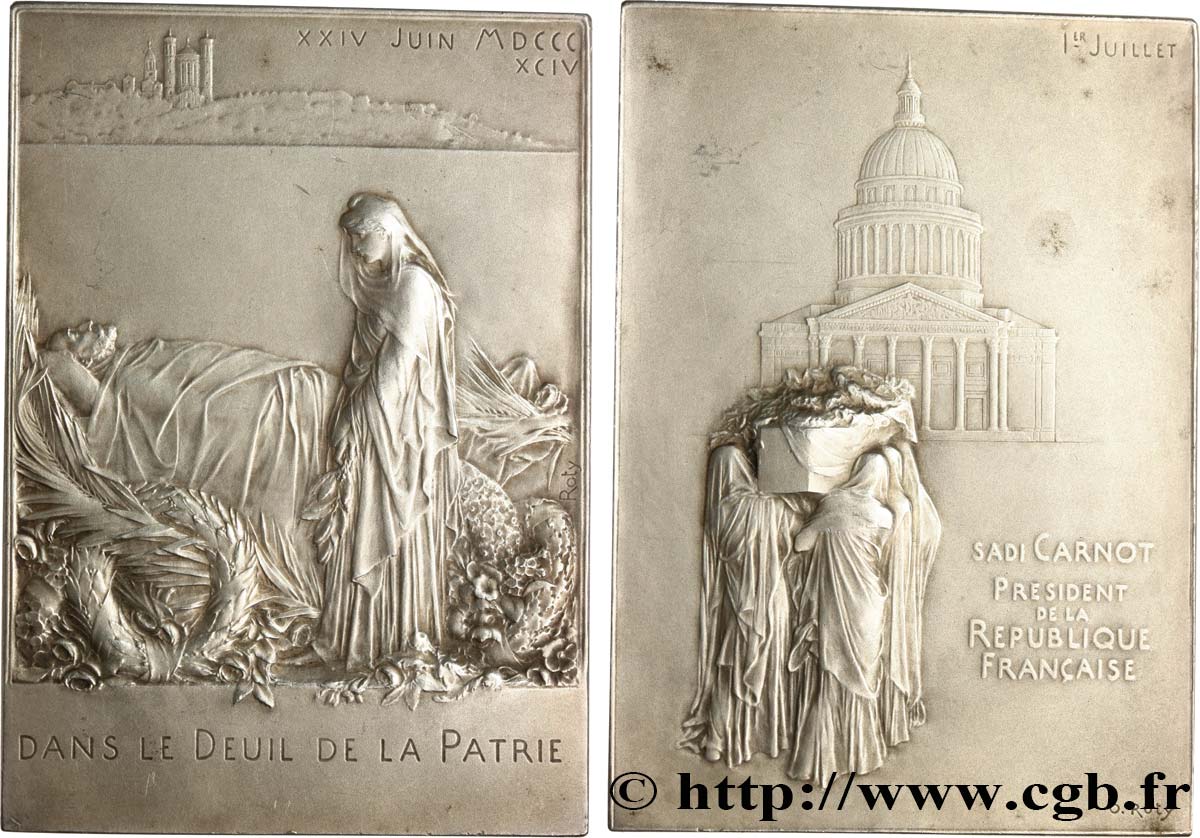
 Cообщить об ошибке
Cообщить об ошибке Распечатать страницу
Распечатать страницу Отправить мой выбор
Отправить мой выбор Задать вопрос
Задать вопрос Consign / sell
Consign / sell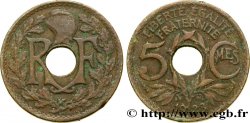
 Информация
Информация




